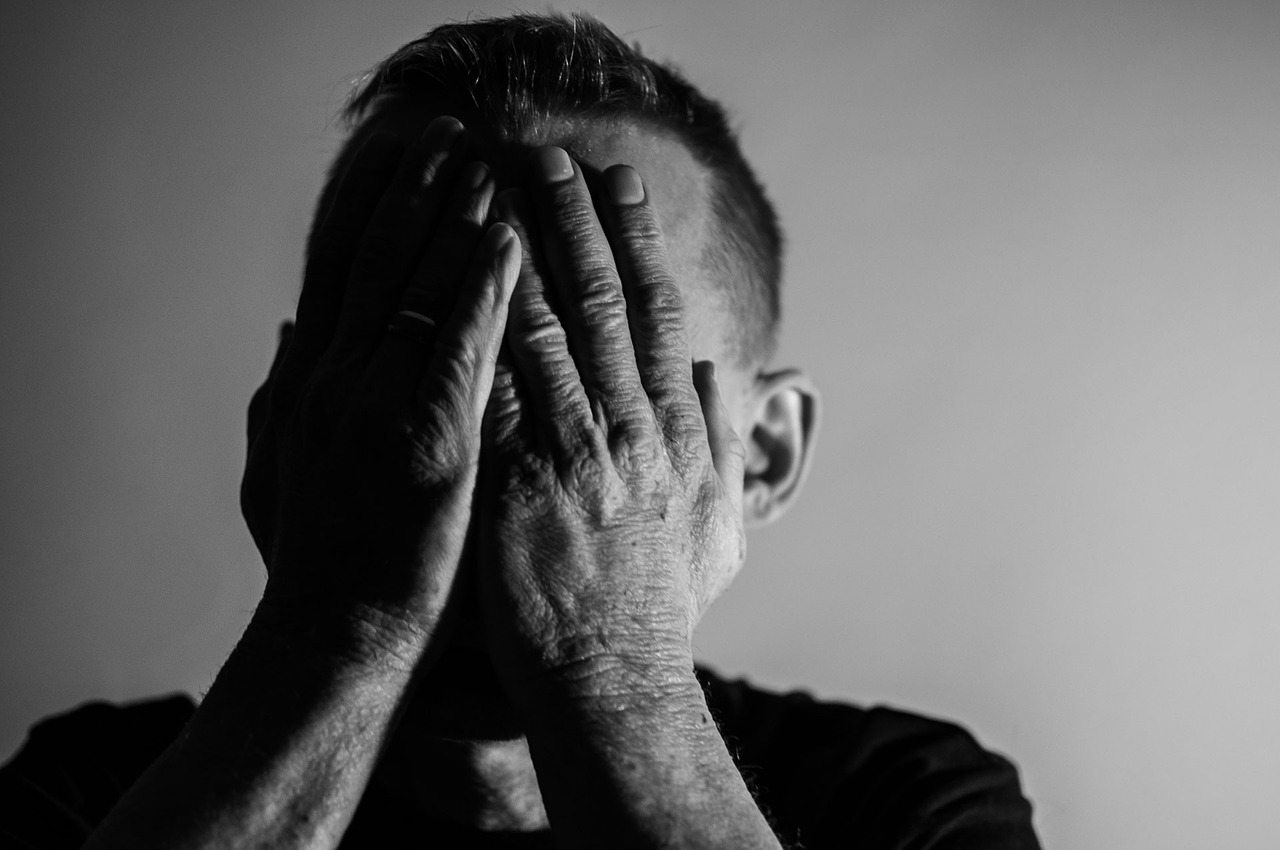If you’re reading this now, you might be hoping for peace, rest, and some old sense of normalcy. You might be wondering what is in store at the end of this year and how to get through all of it.
What have we gone through already? Just to name a few:
Black Lives Matter protests
Explosions in Lebanon
Hong Kong protests
Outbreak of COVID-19
Police Brutality
Potential war in Middle East
Unprecedented unemployment
Wildfires in Australia
And more recently for those of you in the SF Bay Area…
A new school year with remote learning for students
Continued heat waves
Scheduled electric shut offs
Thunderstorms
Wildfires
There’s certainly too many events this year to list.
Difficult Emotions
With life changing quickly, it’s normal to experience feelings such as:
Fear: What if my family is displaced by the fires? How can I take care of my kids if they’re learning at home and I need to work? What if I infect my loved ones?
Anger: I am upset that my life is out of my control and I can’t do the things that I want to. I’m enraged that people aren’t taking the BLM movement seriously. Doesn’t anyone care about basic human life?
Confusion: When will things go back to how they were -- with my children playing with their friends and I could visit my family? Why can’t the government stop giving mixed messages on just about everything?
Grief: I lost my job and I can’t find a place that is hiring right now. I may never be able to see my grandparents in person again. I am grieving for the COVID deaths in my family.
Magnified Emotions
I’ve found that in my professional and personal roles, that these times are exacerbating underlying conditions. If I already struggle with anxiety, these circumstances of the unknown, change, restriction, and loss, only increase my worries and fears. Our minds, like an “overly helpful friend”, may want to fill in those gaps and answer the questions we come up with. Will I be able to retain my job next year? Probably not and it’ll be hopeless and disparaging to find another. I haven’t had any conflicts with my neighbors, but given the social unrest, will they change their perception of me because of my skin color? I don’t know and I’m afraid to find out.
Addressing Our Emotions
So, what do we do with these feelings, thoughts, and experiences? How do we care for ourselves? How can we respond in a healthy way? A significant challenge is our inability to resolve world events and social issues. So, what can we actually do?
A resource from Al-Anon comes to mind. It’s called the 3 A’s - Awareness, Acceptance, and Action. This strategy can be beneficial to center and ground ourselves, which then prepares us to take action in our lives based on our values. Let’s try it together.
3 A’s
A- Awareness
Recognize what is happening to you physically and/or mentally.
I’m aware that I have tension in my body; my breath is shallow, and my mind is racing about all of the possible things that can go wrong in my life given the current state of the world.
A- Acceptance
Understand that it’s okay to experience negative feelings and which circumstances are out of, or within, your control.
I don’t like it at all, but I accept that I’m in an extremely difficult situation and that I can’t control a lot of what’s happening aside from my own actions.
A- Action
Be creative and take steps to change circumstances that are within your control. Your well being relies on your actions being aligned to your values.
Value: My physical health is important to me.
Action: I am going to try to be as best informed as possible so that I can take appropriate safety measures.
Value: My community is very dear to me.
Action: I am going to take more initiative to connect with my neighbors, friends, and family by keeping in touch and spending time together safely.
“Instead of worrying about what you cannot control, shift your energy to what you can create.”



